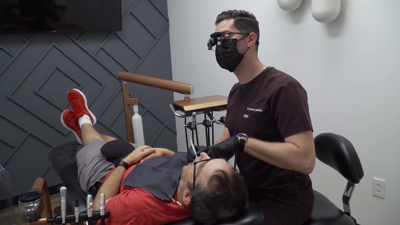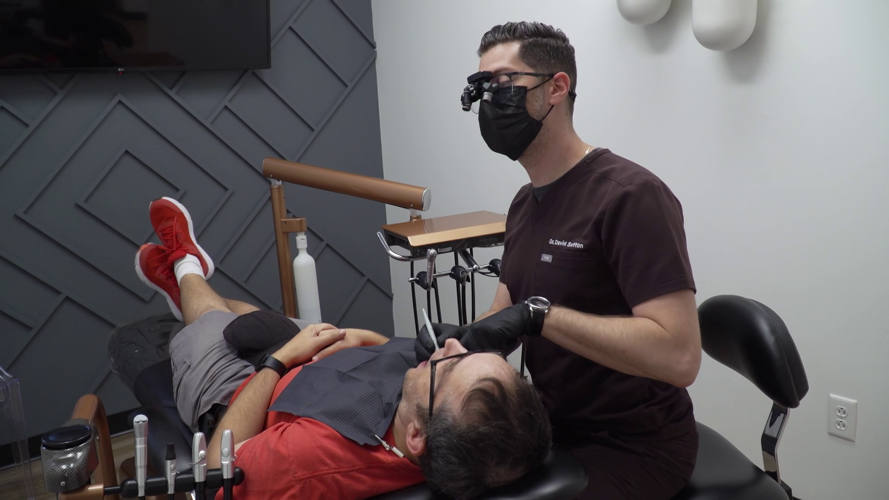The Centers for Disease Control and Prevention reports that one-quarter of U.S. adults aged 20 to 64 have at least one untreated cavity, and nearly half of adults have gum disease.
This highlights the importance of diet not only for overall health but specifically for dental health.
Oral diseases affect nearly 3.7 billion people worldwide, and diet plays a significant role in this. It's essential to be aware of the pH levels in food.
"Anything below seven is gonna be more acidic, which can be harmful," said Dr. David Sutton, from Dapper Dental.
Citrus fruits, known for their acidity, can erode tooth enamel.
"And slowly cause them to either wear down, or show just signs of flattening, which can be at risk for A, sensitivity, or B, just teeth getting really thin to where they can be more prone to fracture, more prone to decay," Sutton said.
Starchy foods like crackers, chips and cookies can also pose a threat.
"They can settle in the pits of the back teeth and they're really hard to clean away," said the expert.
Chewing ice is another common habit that can damage teeth. The American Dental Association warns against it.
"Even though enamel is harder than bone, it still has a susceptibility to crack and break. Ice is, I would say one of the number one factors as far as teeth fracture," said Sutton.
A study by the National Institutes of Health found that 75% of adults had at least one crack in their teeth. To mitigate these issues, an electronic toothbrush is recommended.
"Those things have way more cleansing capability than we do on our own," said Dr. Sutton.
Dr. Sutton also advised flossing before brushing and suggested that many dentists recommend not rinsing after brushing.
Americans consume approximately 15 billion quarts of popcorn each year, but it also contains lactic acids and unpopped kernels that can crack teeth.
















